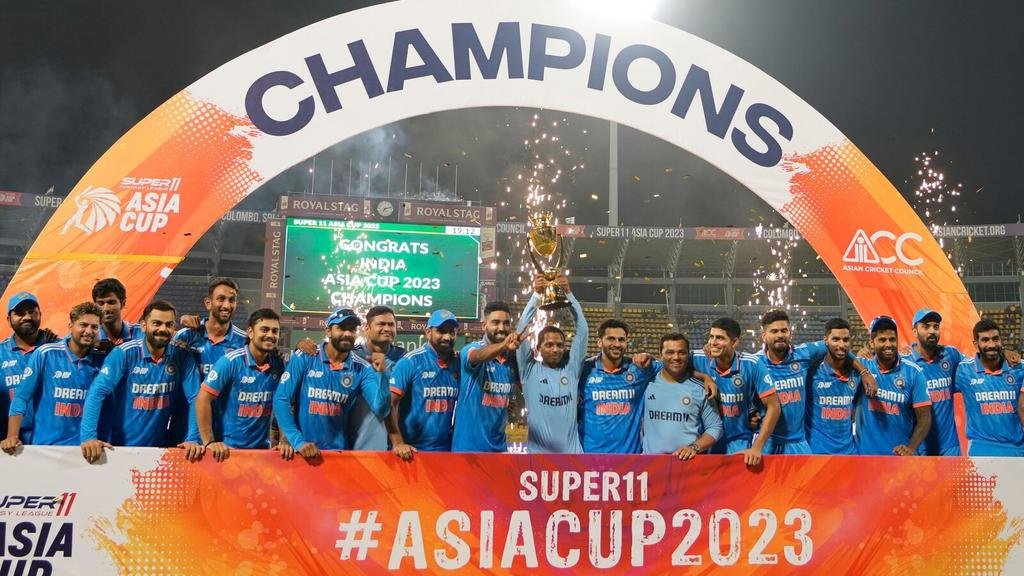
In a dramatic turn of events that could have a lasting impact on cricketing relations in Asia, the Board of Control for Cricket in India (BCCI) has officially communicated its decision to withdraw from the upcoming Asia Cup 2025. The tournament, scheduled to be held later this year, was set to feature top Asian cricketing nations including Pakistan, Sri Lanka, Bangladesh, Afghanistan, and India. The decision, reportedly driven by growing geopolitical tensions between India and Pakistan, has sparked serious discussions about the future of regional cricket tournaments.
India’s withdrawal was confirmed after the BCCI informed the Asian Cricket Council (ACC) of its decision. At the heart of the move is India’s discomfort with the current leadership of the ACC, which is chaired by a Pakistani government official. This has become a flashpoint in diplomatic tensions, as officials within the Indian cricket board are said to be unwilling to participate in events administered under the leadership of a Pakistani minister. Sources within the board noted that the decision is as much a reflection of national sentiment as it is about cricket administration.
The decision has wide-ranging implications, not only for the Asia Cup but also for cricket’s commercial structure in the region. India, being the largest market in cricket in terms of revenue and viewership, plays a crucial role in determining the success of tournaments like the Asia Cup. Without India’s participation, broadcasters and sponsors may reconsider their commitments, which could lead to financial strain on the tournament and the ACC.
This is not the first time India and Pakistan’s strained relationship has disrupted international cricket. The two nations have not played a full bilateral series since 2012, and their encounters are now limited to ICC events or tournaments hosted at neutral venues. India had also previously objected to traveling to Pakistan for cricket events, often resulting in hybrid models or neutral venues being considered to allow matches to proceed.
The Asia Cup 2025 was to be played in the T20 format, acting as a vital preparation ground for teams ahead of the ICC T20 World Cup in 2026. India, with its strong pool of T20 players and a thriving domestic league in the form of the IPL, would have been one of the title contenders. Their absence now opens up a competitive void and has left fans and analysts alike questioning the integrity and stature of a tournament without one of its biggest participants.
This move also casts doubts over future multi-nation events involving both India and Pakistan. While ICC tournaments may still feature the two nations clashing on neutral grounds, the possibility of them participating in regionally organized events like the Asia Cup now seems unlikely unless a significant diplomatic shift occurs.
As of now, there has been no official statement from the ACC regarding a possible replacement for India in the tournament or the status of the event itself. With the countdown to the Asia Cup already underway, the cricketing world is left speculating on how the tournament will adapt in the absence of its biggest team and the financial implications that come with it.
This withdrawal, symbolic of the broader political scenario, could redefine how cricketing events are organized in South Asia. Whether it leads to the restructuring of the ACC or a reevaluation of how cricket diplomacy is conducted remains to be seen. One thing is certain: the absence of India in the Asia Cup 2025 has shifted the narrative from the pitch to the realm of politics.
For more news updates, follow 12B Sports India Facebook .

